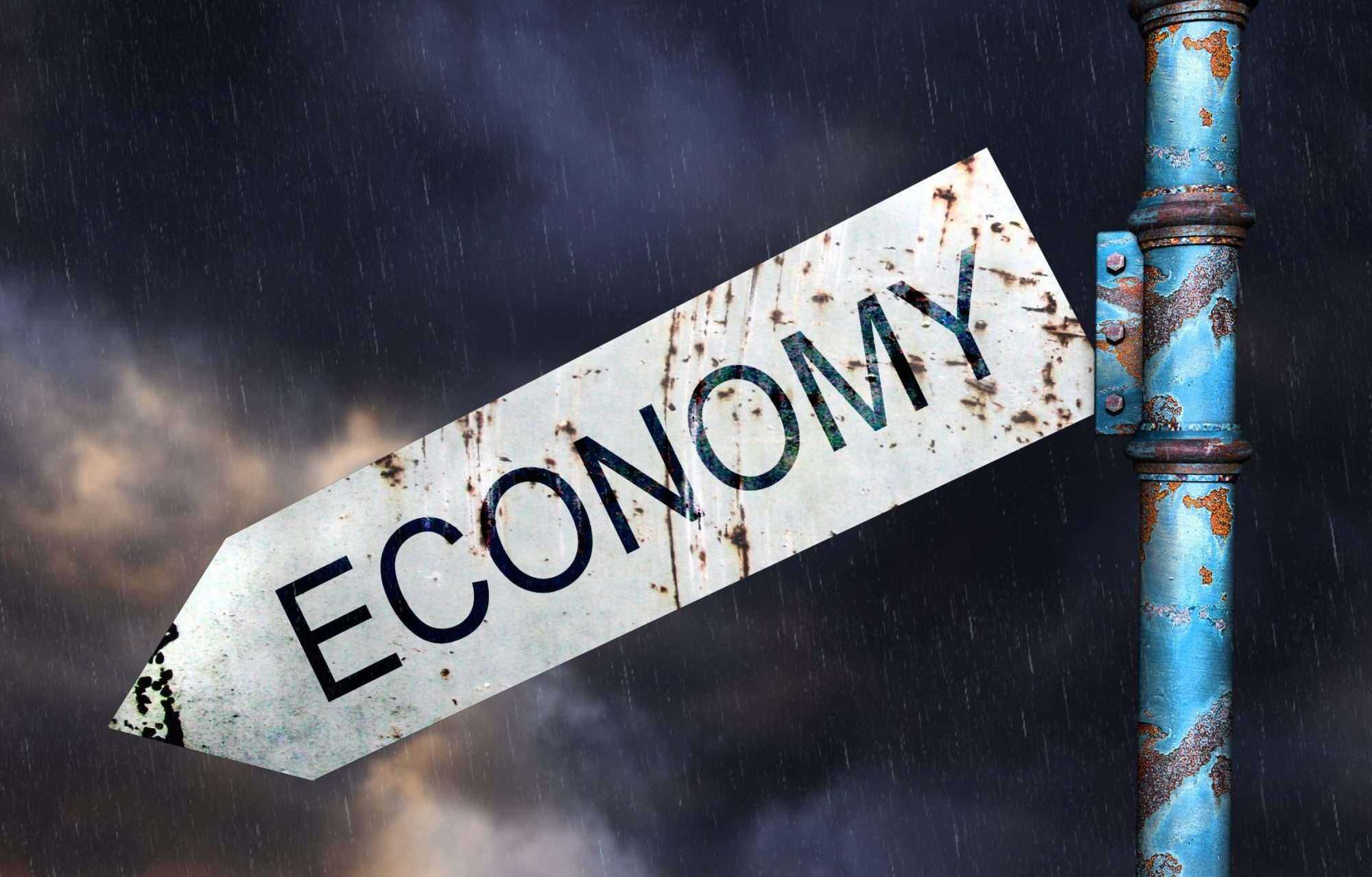BY JANIECE CAMPBELL
Economic abuse is an extremely underreported and poorly recognized form of abuse that often coexists with other forms of abuse such as physical, psychological, and emotional. It is a prevalent issue that is experienced by more than 95% of domestic violence victims. This usage of manipulation is experienced by women from all cultural backgrounds and income levels, though Black, Indigenous and women of colour are at a disproportionately higher risk of economic abuse.
An Ottawa-based non-governmental organization, Canadian Centre for Women’s Empowerment, is at the forefront of economic justice, fighting to expose the abuse faced by many women in marginalized communities. Through their research, they’ve discovered that 93% of women who have faced economic abuse in the Ottawa, Gatineau, and Hull regions experienced a perpetrator withholding the funds necessary to purchase food and clothing, as well as restricting access to a victim’s paychecks, financial aid cheques, tax refunds, disability and other social support payments.
A common response may be, “why don’t the women just leave?” It’s never that easy. Economic abuse can have a devastating effect on women. It impacts their mental health and impedes the ability for a victim to access their economic resources, ultimately leaving her with no way out and prolonging the time she is vulnerable to harm. And even if the victim finds her way out of the relationship, there’s a chance there might be even more long-term damage in store such as poverty, debt and bankruptcy.
“Even after a woman has left their abuser, the impact of ruined credit scores, poor mental health, sporadic employment histories, and homelessness caused by the abuse makes it extremely difficult to obtain economic safety. These impacts can also create lifelong obstacles for victims as they attempt to access financial and social services,” said Meseret Haileyesus, founder and CEO of the Canadian Center for Women’s Empowerment.
Women in intimate partner relationships can experience economic abuse in a variety of forms. Ten examples of identifiable tactics that abusers use to threaten a victim’s economic security and potential for self-sufficiency can include:
- Interfering with your efforts to maintain a job by sabotaging childcare, transportation, or other arrangements
- Harassing you at work
- Not including you in family financial decisions
- Not allowing you access to the family finances
- Demanding an account of everything you buy
- Not allowing your name to be on accounts, which would allow you to build credit
- Forcing you to put your name on accounts and then destroying your credit
- Making fun of your financial contribution and saying it is not worth anything
- Expecting you to behave in a certain way because you make less money or are not the “breadwinner”
- Taking the money your family back home was depending on you to send to them
For better insight on the severity of economic abuse and the impact it can have, here are two shocking first-hand testimonies by women provided by the CCFWE:
“My bank didn’t allow me to arrange payments on my mortgage while I was in transition housing. This was problematic since we had a joint mortgage, and as the breadwinner, the payments were taken out of my accounts, not his. They were exposing my personal information to my ex-husband while I was hiding in transition housing. It’s overwhelming to tell each bank employee from scratch for three years. I remember, I wanted to buy a pizza for my daughter, but unfortunately my account was empty, and my credit card was suspended due to unpaid monthly fees from my ex-husband. I cried many times, nobody helped me.” – Terry, Survivor of Economic Abuse
“I remember one day; I had no milk in my fridge and went to the food bank to feed my child. The food bank asked me to provide income verification from the government. I had no money, no income verification, no social support, and not even food from a food bank. It was very hard to start a life for me and my child.” – Grace, Survivor of Economic Abuse
If you have experienced economic abuse, know that you are not alone. There are people and organizations that can help. Visit the CCWFE’s nationwide resources for women experiencing any kind of abuse at https://ccfwe.org/find-help-across-canada

